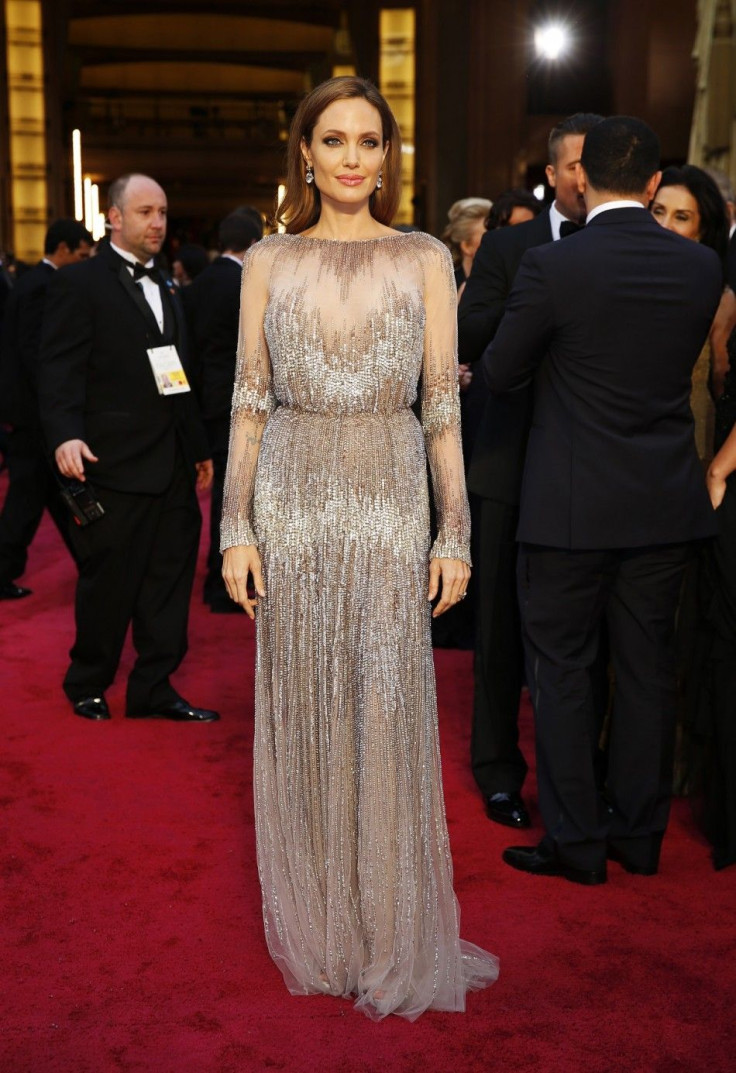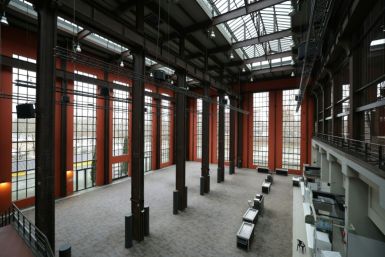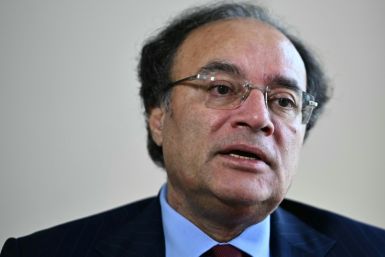Study proves 'Angelina Jolie effect' is true as it increased breast surgery awareness in women

While various media stories and research claim that Angelina Jolie Pitt’s breast surgery raised awareness on reconstructive breast surgery options among women, a new study from Austria offers the first scientific proof to these speculations. The scientists, who wrote their findings in the journal Cancer, say that this is the first prospective report to prove the media’s effect on the healthcare-related issue of breast cancer among the general public.
In May 2013, Jolie Pitt announced that she had undergone a double mastectomy after testing positive for a mutation in the BRCA1 gene, which significantly increases breast cancer risk. In her statement, which gained considerable media attention, she said the procedure was conducted to prevent her from getting the disease.
After Jolie Pitt’s announcement, the researchers note that 92.6 percent of women they polled for the study said they knew that breast reconstruction was an option after a mastectomy. This is higher than the results of a survey done a month before her announcement, wherein 88.9 percent claimed knowledge of breast reconstruction. Both polls were conducted online, and each included 1,000 Austrian women, according to the team.
The researchers also found that there was an even greater increase in awareness on breast reconstruction and the fact that it could be done using a woman’s own fat tissue, as opposed to synthetic breast implants. According to the study, the largest increase the researchers observed was in women’s awareness that breast reconstruction can be done along with breast removal surgery.
The team also added several questions to the post-announcement survey to obtain more information about the impact of the media coverage on participants. In the poll, one-fifth of the respondents claimed that the media coverage of Jolie Pitt made them “deal more intensively with the topic of breast cancer.”
Earlier studies have explored the results of Jolie Pitt’s health decision, dubbed the “Angelina effect.” A 2014 research in the United Kingdom reported that after the actress' announcement of her surgery, the demand for genetic testing for breast cancer nearly doubled, and the number of inquiries about risk-reducing mastectomies also increased.
Another study, which was also released in 2014, claimed that although 75 percent of Americans were aware of Jolie Pitt’s announcement and surgery, less than 10 percent of the respondents fully understood how the BRCA gene affected her risk for the disease.
It is important for doctors to consider the effects of media coverage on their patients, says Dr David Lumenta, the study’s lead researcher and an assistant professor of plastic surgery at the Medical University of Graz in Austria. “Since individual choice will become a driving force for patient-centered decision-making in the future, cancer specialists should be aware of public opinion when consulting patients with breast cancer,” he claims.
Contact the writer at feedback@ibtimes.com.au or tell us what you think below.





